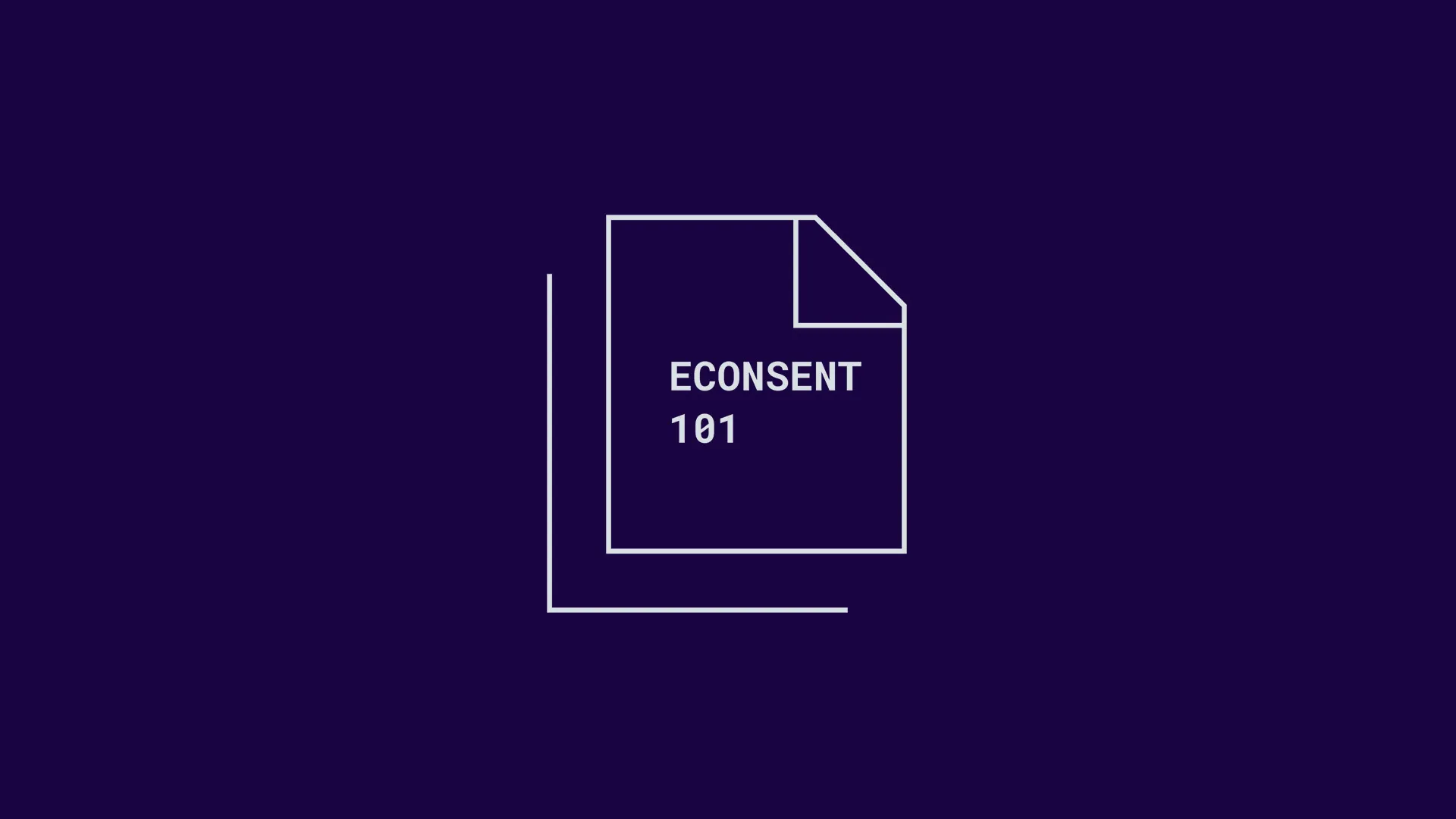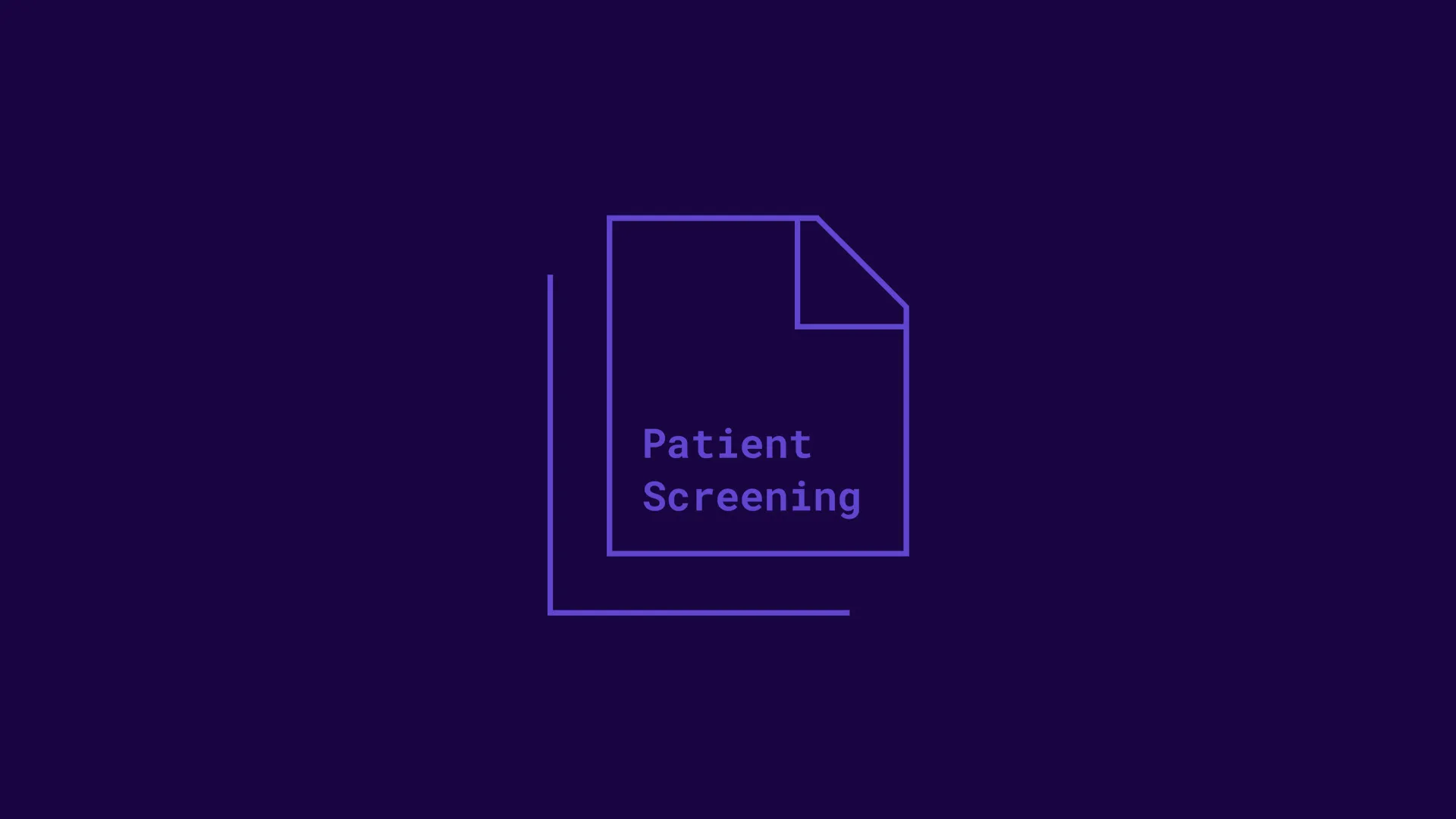Patient Retention


Playing catch-up: FDA wants “patient’s voice” ePRO in your oncology trial
For years now, the FDA has been making one point crystal clear to sponsors and CROs across our industry; they want the patient voice incorporated whenever possible in oncology trials.
The FDA's initiative is driven by the recognition that a patient's personal experience with a disease and its treatment is a unique and essential measure of a medical product's benefit and risk.
- Rationale: The FDA explicitly states that "patients provide a unique perspective on treatment effectiveness" and "some treatment effects are known only to the patient." Outcomes that truly matter to patients, such as functioning, quality of life, and the burden of side effects, are often best measured directly by the patient.
- Mandate: The Patient-Focused Drug Development (PFDD) effort, codified in part by the 21st Century Cures Act, requires the inclusion of such patient experience data in clinical research.
- Guidance series: To formalize this approach, the FDA has released a series of methodological guidance documents (the PFDD Guidance Series) that outline how stakeholders should collect, submit, and use patient input to inform medical product development.


Efficient & empathetic: New Duke research shows the real power of eConsent
With the eConsent market expected to continue its ascent over the next ten years, it’s apparent to those who have used it that the “e” in eConsent stands for much more than electronic.
Analysis and real-world examples show that it can be efficient, educational, and empathetic, leading to better participant education, reduced participant dropout, lower administrative burden for sites, reduced audit findings, and more.
Complete the form below to grab your copy of our whitepaper and see what Duke had to say.


Back to basics: What are electronic clinical outcome assessments (COAs/eCOAs)?
COAs (called eCOAs when captured electronically) are essential to understanding whether a drug is reducing symptoms, improving patients’ quality of life, and improving patients’ ability to perform activities they care about. COAs enable a well-rounded understanding of how a drug is working, its side effects, its impact on patients’ lives, and more. Perhaps most notably, PROs/ePROs allow for the patient’s voice to be heard. Capturing the patient’s voice is particularly important because the clinician may not always see or express the patient’s experience in the same way.


Back to basics: What is electronic informed consent (eConsent)
While informed consent form (ICF) signatures traditionally have been collected on paper at a physical site, today’s digital approach — electronic consent (eConsent) — offers more than high-tech signature collection. It provides an upgrade to patient education and communication as well, empowering participants in new ways. Moreover, eConsent can democratize clinical trial access, allowing researchers to recruit broader and more diverse participant groups through entirely remote consenting processes. This broader and less burdensome access also can increase the speed of recruitment and reduce drop-out rates.


Back to basics: What is patient screening?
Patient screening, a vital step in the clinical trial recruitment process, is when interested participants are assessed for their eligibility for a given trial using select inclusion/exclusion criteria. These criteria help characterize the target patient profile to ensure patient safety, better efficacy, and optimized signal detection.
Traditionally, patient screening was done in person at a clinical trial site. Due to the current digital revolution in healthcare, which has recently accelerated in response to global health events, the ability to use cloud-based software and digital qualification steps to optimize patient screening and enrollment brings innovation, convenience, and sophistication to this process.


Five myths about eConsent
As our industry continues to follow new paths to digitization, it’s important to debunk the most prevalent myths — both old and new — and reach a deeper understanding of decentralized clinical trials.


Building trust between clinical trial stakeholders through a DCT framework
Industry experts from Pfizer, Advarra, and Medable showcase how to design a framework of decentralized offerings that provide greater ease of use, effectiveness, and flexibility for sites for every type of research setting; decentralized/hybrid, virtual, or in-person. In addition, they discuss how DCT solutions and site partners are creating an impact to improve diversity and access while optimizing clinical research for patients.


White paper: Tips for tailoring eConsent for optimal patient centricity.
Use a consent experience that’s designed to meet the needs of patients, while educating and engaging them each step of the way. Read our free white paper to learn eConsent tips from patients themselves, and improve your patient retention.



